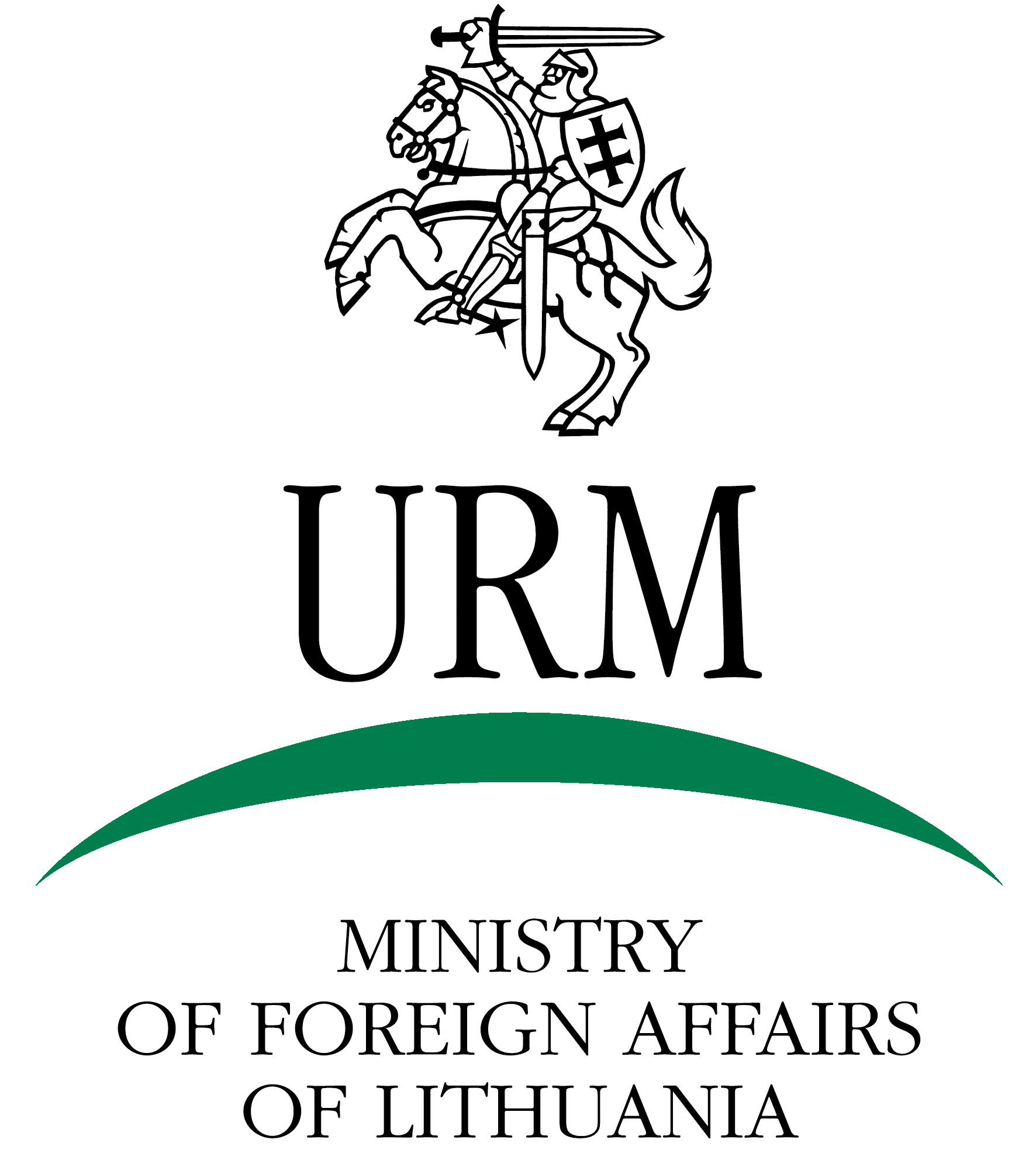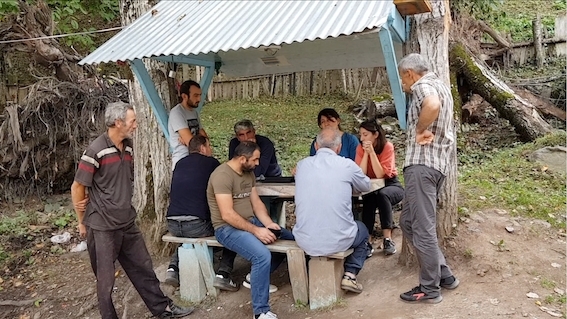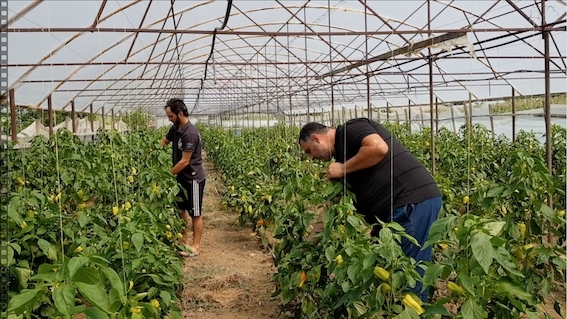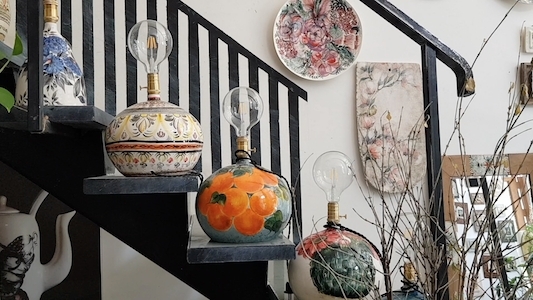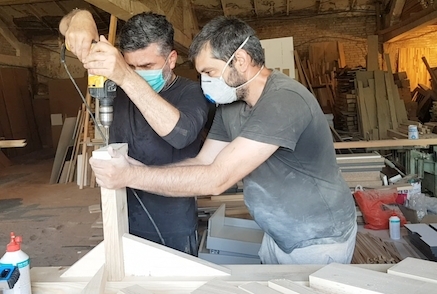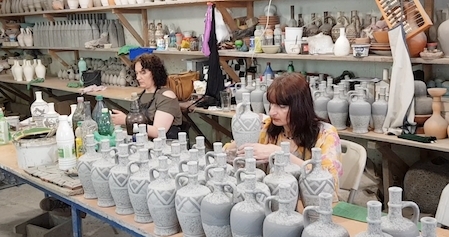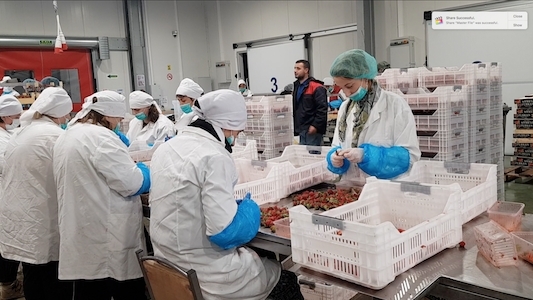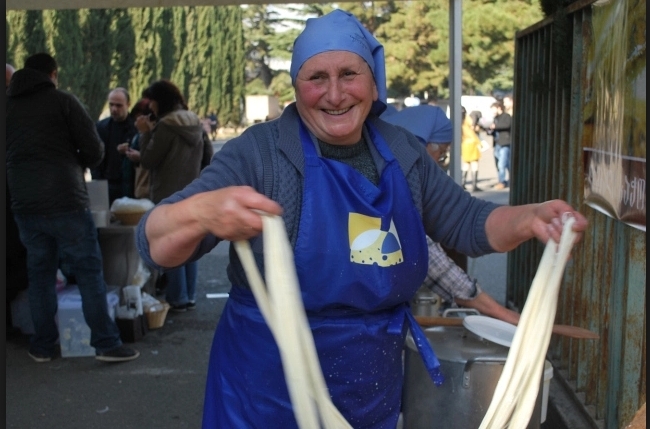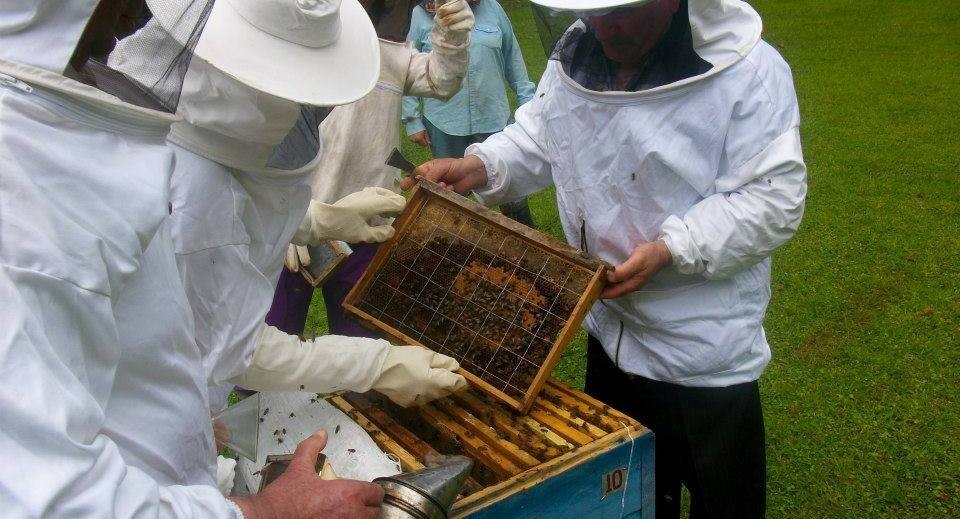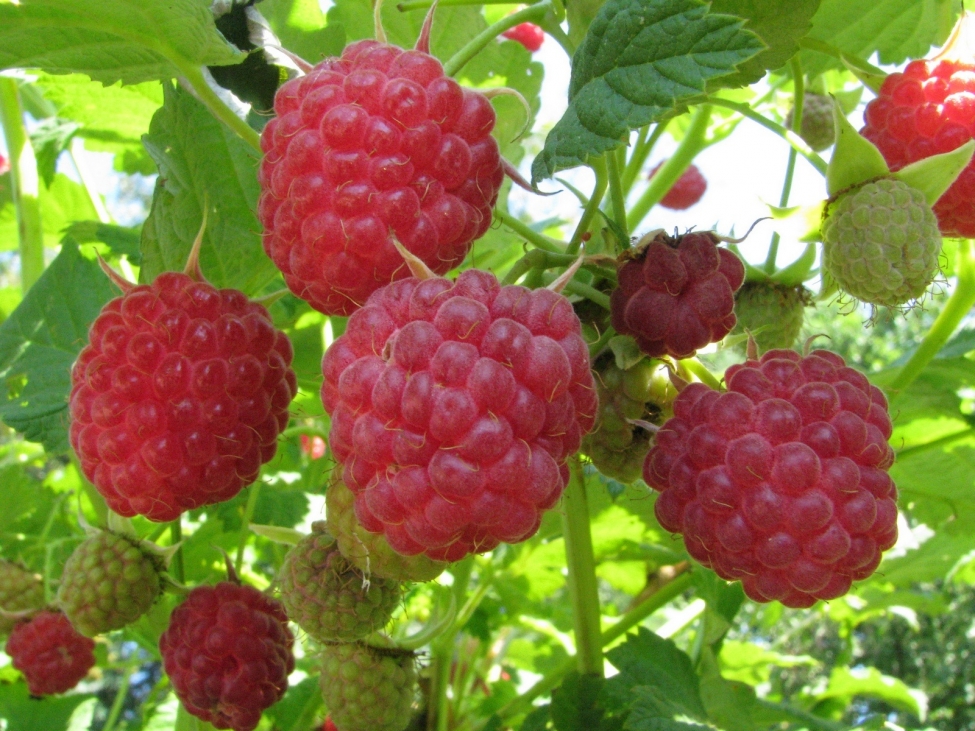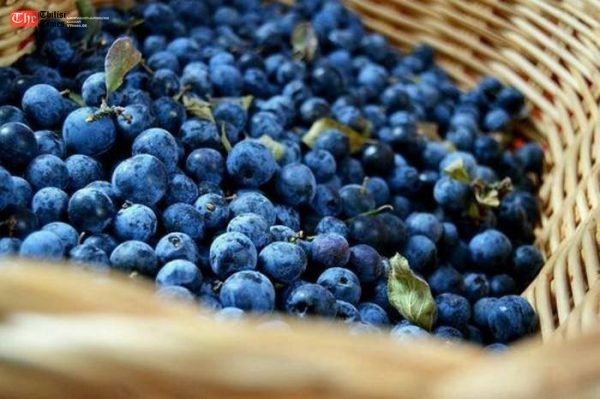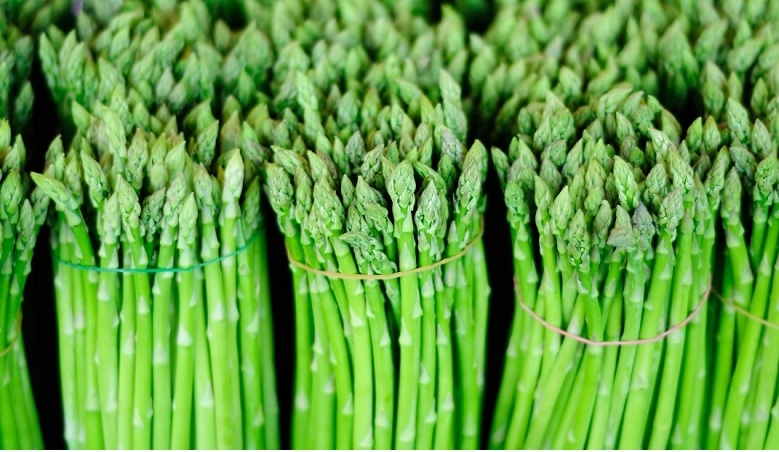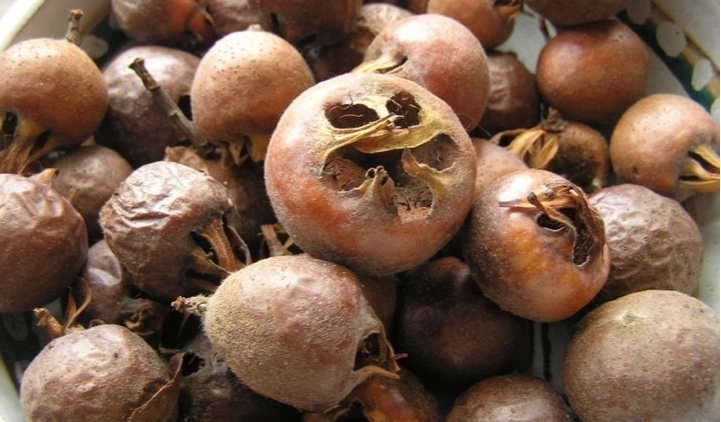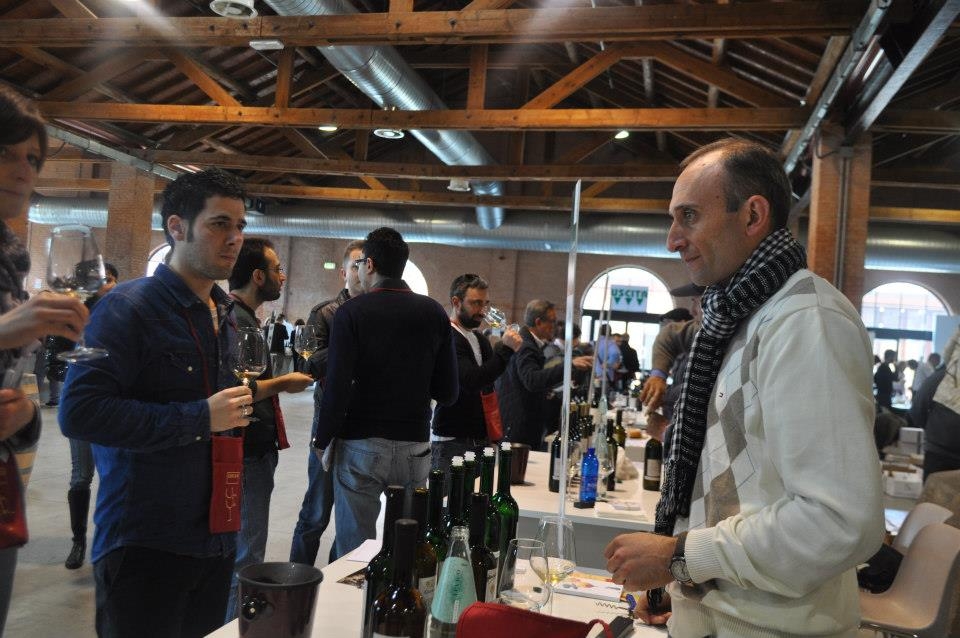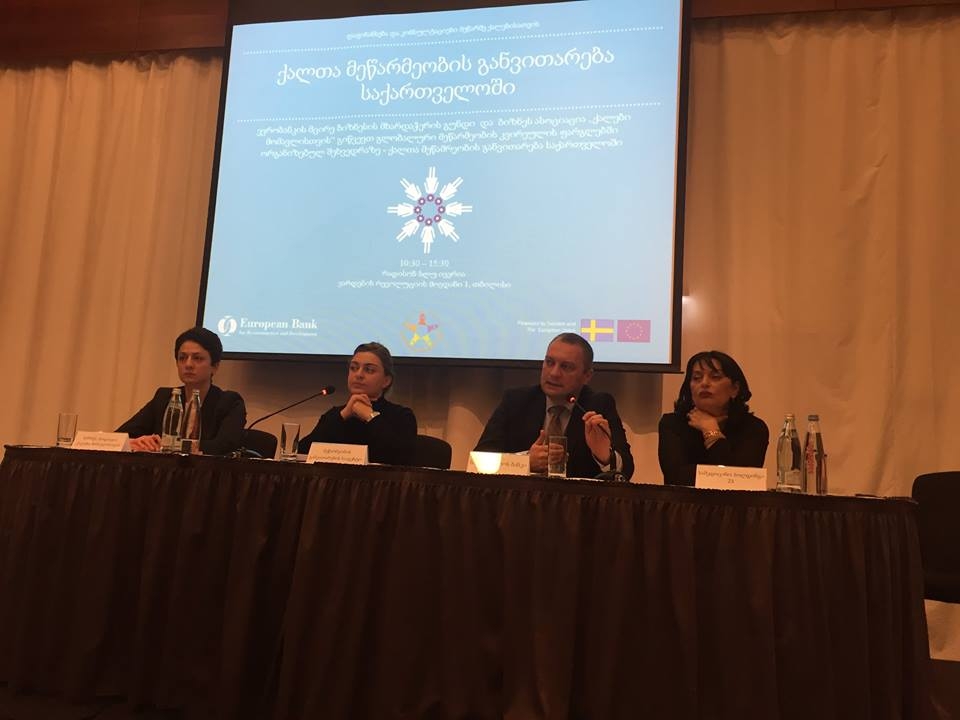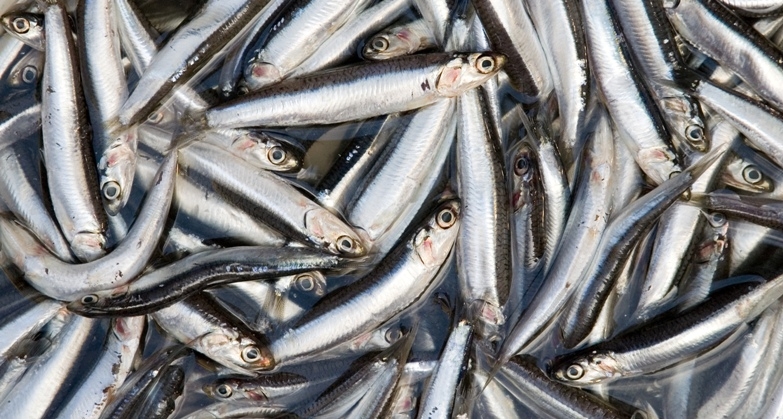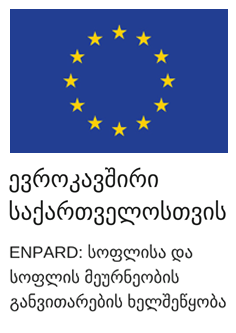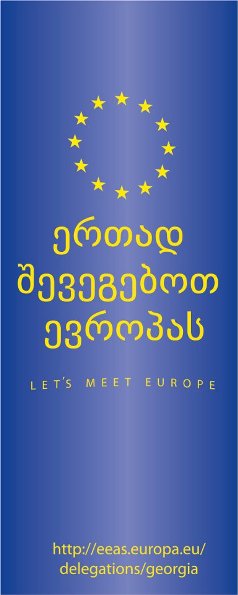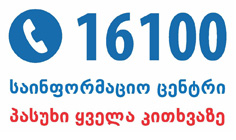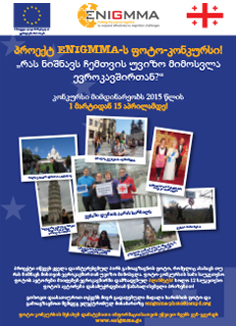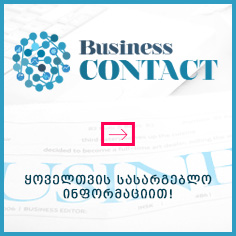How do clusters work in Lithuania?

European experience for Georgian clusters
(Part One)
In the modern era, clusters are becoming more and more important for companies, to increase competitiveness, to acquire new technologies, and to bring new products to the market. Clustering of interconnected businesses is especially common in developed countries. Clusters promote economic growth and employment in these countries. The efficiency of the companies united in the cluster is high due to the partnership principle. The cluster attracts new technologies, experienced workforce and investment.
The clusters are operating successfully in Lithuania. Therefore, it will be interesting to share their experience with the clusters in Georgia. Cluster formations started a few years ago and they are still quite poorly developed in Georgia. Their strengthening is hindered by several problems. The process of forming new clusters is also proceeding at a rather slow pace.
Unlike in Georgia, joining companies into clusters in Lithuania has a history of several decades. During this period Lithuania gained a lot of experience. Their development was largely due to EU financial support. The EU has allocated substantial funds to Lithuania to establish new clusters. The government of the country also actively promotes the creation of clusters and the introduction of innovations.
The process of creating clusters in Lithuania became especially active in 2010-15, so most of the clusters are still young. There are currently up to60 clusters in Lithuania, some of which are in the early stages of development and some of which have been driven by a desire to receive assistance from EU funds. Overall, only a quarter of clusters were created naturally when companies teamed up to develop new products and services and in order to increase market share. Naturally formed clusters are Vilnius Movie Cluster, Laser and Engineering Technology Cluster, Electronic Services Cluster, Modern Home Development Cluster, Dental Innovation Cluster, Plastic and New Materials Cluster.
Small clusters have 13 members on averages, while large clusters unite 30 or more companies. In Lithuania, more clusters are created in the service sector than in the industrial sector. Especially many of them are in the health and culture sectors and in the field of information services. There are many clusters in the chemical industry and the food and beverage industry. Even the smallest in the textile, wood and furniture industries. Most of them are concentrated in the economically developed cities of Lithuania, where the number of economic entities and the employed population is highest. Micro clusters are also created in the regions of the country.
Most Lithuanian clusters are involved in international projects, various EU initiatives. With the help of these projects, knowledge and innovations are acquired from foreign partners, as well as the development of commercial cooperation. They are currently working on how to enter international markets, join international projects. they try to expand their activities in the international market and involve foreign partners in their projects.
In Lithuania, the strength of clusters is due to favorable conditions, which is reflected in the existence of a relatively cheap and skilled workforce, developed logistics infrastructure and a good technological base of companies. Experts believe that creating a cluster is most beneficial for medium and small businesses to increase their competitiveness. In Lithuania, as in other countries, cluster enterprises are often competitors, but this does not prevent them from cooperating in many areas, from resource allocation to joint production and innovation.
Benefits that companies receive by joining a cluster:
- It is easier and cheaper to get specialized information;
- It is easier to enter other markets due to joint marketing and sales;
- Increases the chances of participating in tenders and the ability to get large orders;
- Better conditions for innovation;
- Increases the competitiveness of cluster member companies in domestic and international markets;
- Increasing the qualification of the workforce, which is conditioned by the existence of special trainings.
- Creation of general specialized infrastructure for cluster members;
- Share resources between member companies;
- Formation of a common supply chain;
The most successful clusters in Lithuania
Lithuanian Food Producers Association - National Food Cluster was established in 2006. It has 22 members, including food companies, such as producers of sweets and vegetables. The member of the cluster is the "Scientific Cafe", producers of frozen semi-finished products and medicinal herbs. A restaurant equipment supplier company is also a member. The National Food Cluster also includes farmers, the Lithuanian Agricultural and Forestry Research Center, and the Horticulture Institute; The cluster companies produce high quality, innovative products from local raw materials. The cluster actively cooperates with Lithuanian scientists.
One of the members of the cluster is Lithuanian sweets producer Rūta UAB, which has developed an innovative product from Greenz vegetable raw material, which consists of bioactive fractions and is enriched with probiotics, vitamins and micro-elements. Another member of the cluster, scientists at the Center for Agriculture and Forestry Research, together with natural product producer Mėlynė have created vegetarian protein drinks that do not contain soy and gluten, synthetic additives and artificial sweeteners.
The main goal of the cluster is to develop the food industry, increase the competitiveness of companies and promote innovation. The cluster also works on the following issues:
- Coordinating the activities of cluster members and producing innovative products;
- Encourage cooperation and exchange of information between members;
- Initiate joint projects and trainings by cluster members;
- Improving the qualification of cluster members;
- Implementation of joint marketing and advertising.
-Participation of cluster members in national and international fairs;
-Cooperation with research and educational institutions;
The cluster protects the interests of its members in public agencies and local municipalities, in national and international organizations.
Another successful SMART FOOD cluster was established in 2013 on the basis of the Lithuanian Food Exporters Association. There are 27 members in the cluster, from different sectors of the food industry. These include food additive manufacturing company; Medicinal plant tea factory; Manufacturers of bread, cheese, meat products, beer, pastry and cereals. There are foreign companies in the cluster, including the Ukrainian advertising-media organization. The luster members invested a total of 6.5 million euros in research and development projects (R&D) in 2018. The total turnover of the cluster member companies exceeds 700 million euros. More than 50% of the products produced are exported to more than 60 countries.
The cluster is actively working on the following tasks:
- Export promotion;
- Combining the capabilities and competencies of cluster members;
-The so-called Creating "product baskets" so-called and suppling them to local and foreign markets.
- Coordinating the needs of cluster members;
- Joint studies;
- Implementing of innovations;
- Integration of companies in international networks by attracting new members;
- Changing employees' perceptions through involvement in training processes;
- Participation of cluster members in exhibitions abroad and presentation of Lithuanian products. For example, SMART FOOD has become the main cluster representing Lithuania in the European cluster for food sector and is one of the founders of the Eastern European food cluster network.
The Lithuanian Prefabricated Wooden House Cluster was established in late 2014. The cluster includes seven wood paneling and home prefabricate companies, as well as one wood construction-engineering company and four international company supplying building components. Norwegian and Swiss companies are joined in the cluster as well. Member companies are focused on the export of goods and services. More than 90% of the production of cluster members is export products. The main export markets are Norway and Sweden. The cluster aims to make Lithuania the leading manufacturer of prefabricated wooden buildings in Eastern Europe.
The activities of the cluster are aimed at:
- Extensive advertising of cluster members;
- Creating an attractive image of the sector;
- Promotion of wooden houses in Lithuania;
- Encourage cooperation and assistance between cluster members;
- unification of related sectors and companies;
- Organizing trainings;
- Identifing and correcting problems, shortcomings of member companies; Lobbying;
- Introduction of innovations.
The Vilnius Film Cluster was established in 2007. Companies from the local film industry decided to join forces to compete for film and television projects in the global market. As the cluster extended, it invited companies from the entertainment industry to join. There is a total of 31 companies in the film cluster with an annual turnover of 20 million euros in 2018. Cluster members spent more than € 200,000 on research and development (R&D) projects. € 600,000 was spent on the Vilnius movie cluster infrastructure. € 1.3 million was spent on setting up the movie cluster laboratory.
Cluster activities:
- Production of movies, animations, series
- Production of advertising products;
- Rental service of camera and lighting equipment;
- Creating special effects;
- Technological and sociological studies;
- Organizing festivals and other events.
In addition to the above mentioned clusters, there are also other clusters in Lithuania: cluster of laser and engineering technologies; Laser micro device cluster; Lithuania Auto Parts Export Association; Medical Equipment Cluster.
Author: Nona Kvlividze
The article is prepared with the financial support of the Ministry of Foreign Affairs of Lithuania and "Development Cooperation and Democracy Promotion Programme."
